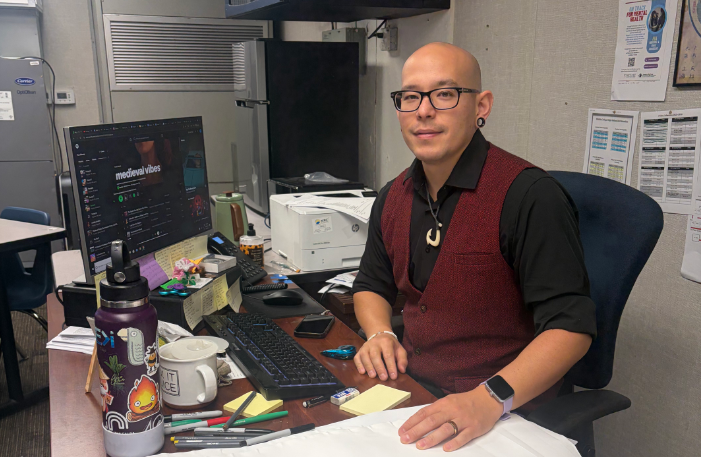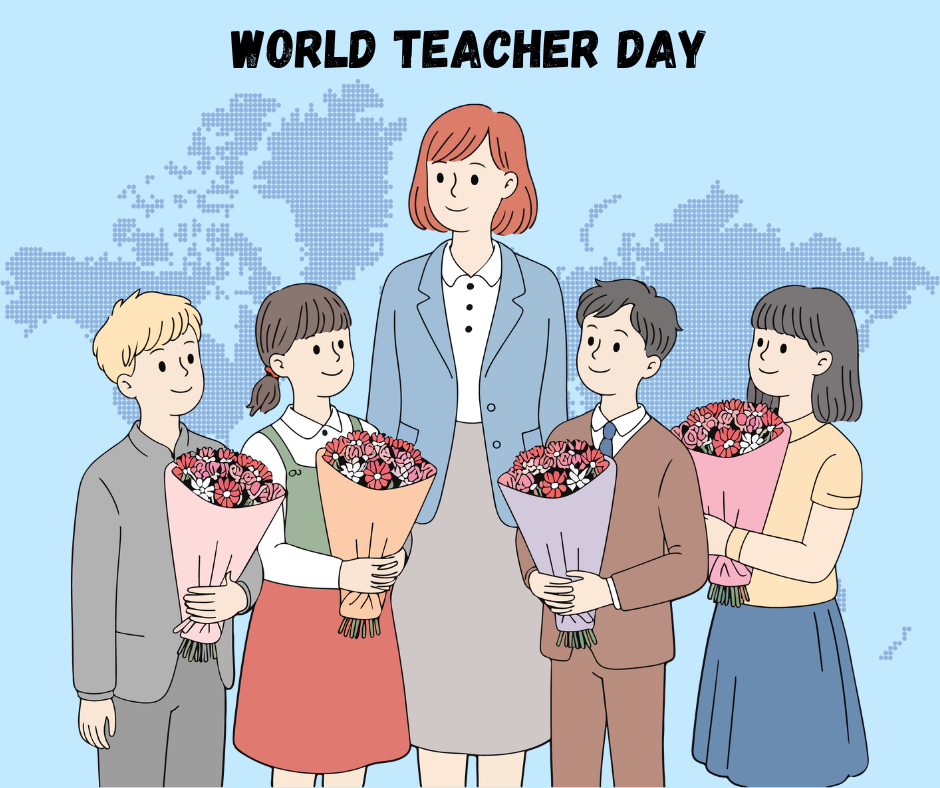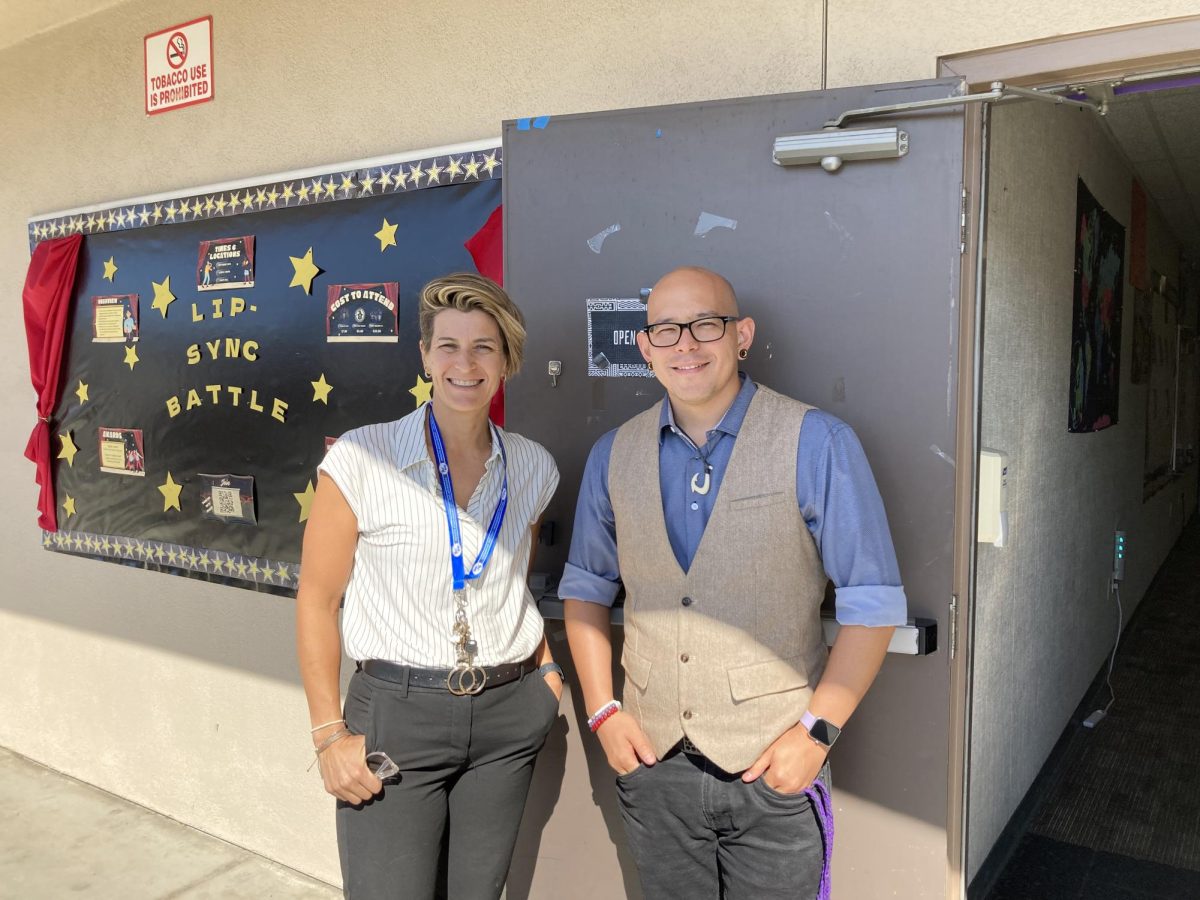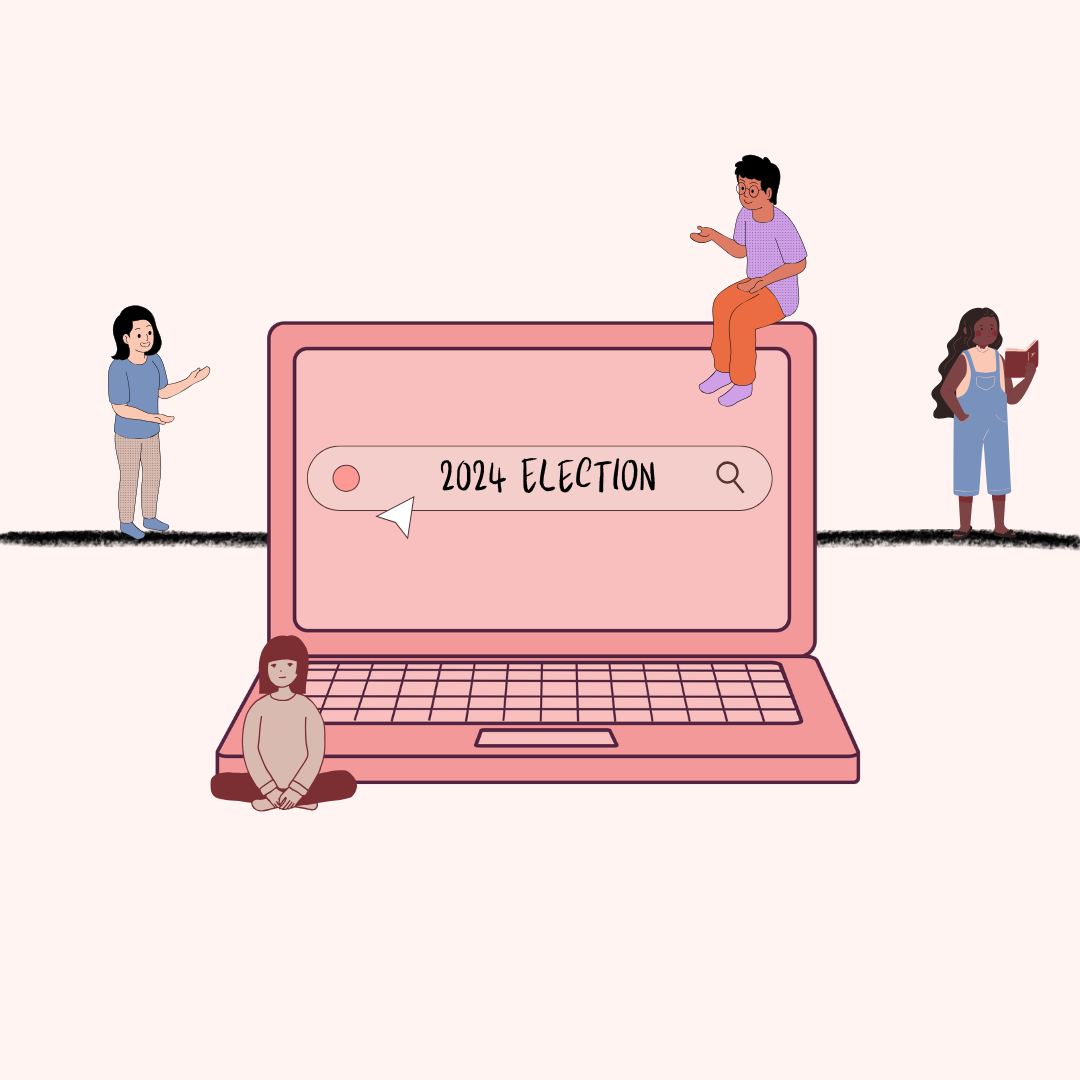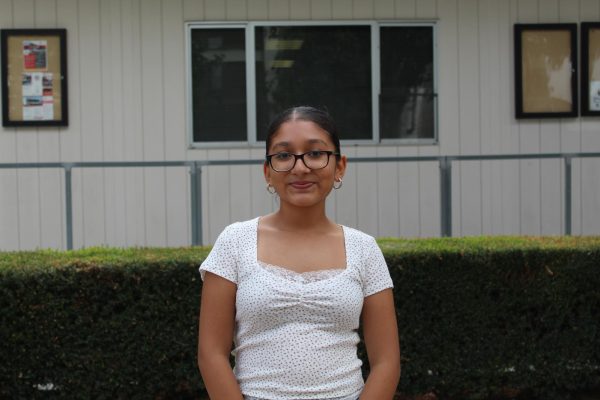As I walked through the door on Wednesday, November 6, the day after the election, my 7-year-old brother’s question stopped me in my tracks. What would happen to our family now that Donald Trump was re-elected as president?
With the nation gearing up for a new presidential inauguration, teenagers and children are increasingly engaging in politics, largely influenced by the presence of social media. This heightened awareness among young people signals a shift in how digital platforms are shaping their political knowledge and engagement. These platforms profoundly impact teenagers, shaping their understanding of election results and broader civic issues. Although, there’s a growing need for the younger generations to start getting politically involved.
In an age where social media dominates as the primary source of political information for teenagers, many young people struggle with determining credible information from biased content. The convenience and accessibility of social media platforms make them appealing, yet these platforms often present information without proven credibility. This can lead teenagers to encounter a mix of facts, opinions, and reactions.
Sophomore Alyssa Ravelo sums up the difficulty of finding trustworthy information simply.
“I hear so many different things from different sources. Although, it’s hard to find one source that isn’t biased,” Ravelo said.
Ravelo’s experience isn’t unusual as many teens have shared their concerns about the accuracy of the information that is being fed to them by different social media platforms. However, this raises questions about how teenagers feel about the results of the election and our future.
As discussions about leadership and anxious emotions fill the halls of schools and online platforms, many teenagers are grappling with the complex reality of politics. Social media plays a significant role in shaping their perceptions, often amplifying both facts and rumors about political figures. This environment of mixed information can lead to confusion and strong, unwanted reactions.
Freshman Roxanne Aguilar shares her shocked reaction towards the outcome of the election.
“It just surprised me that someone with sexual assault allegations and who is a convicted felon can become a president,” Aguilar said.
Aguilar’s feelings towards our future President, Donald Trump, are commonly felt, especially among teenagers, who are aware of the narratives circulating on social media. This sentiment reflects broader thoughts on leadership and values in politics.
For many teenagers, these issues raise important questions about accountability and ethics in everyday living. In a digital age where information spreads rapidly, it is crucial for young people to engage critically with what they read and hear, differentiating allegations from proven facts. This engagement is not only shaping their views on current leaders but is also influencing how they envision their role in the future political world.
“Teenagers should be more aware about politics because it is our future that is also being affected. We cannot constantly ignore our nation’s issues to have ‘fun’ or just claim it is not our problem because it will have consequences,” Ravelo said.
Ravelo’s insightful words highlight a critical call-to-action for her peers: the necessity of political awareness and involvement. As the next generation of voters and leaders, teenagers hold immense power to bring about change and address the issues that will shape their future.
By staying informed, young people can ensure their voices are heard and help shape a society that reflects their values. Encouraging this involvement not only benefits their personal growth but also strengthens the democratic process. As Ravelo, Aguilar, and many others recognize, the time to get involved is now, for the consequences of staying silent will inevitably impact the youth in the future.

